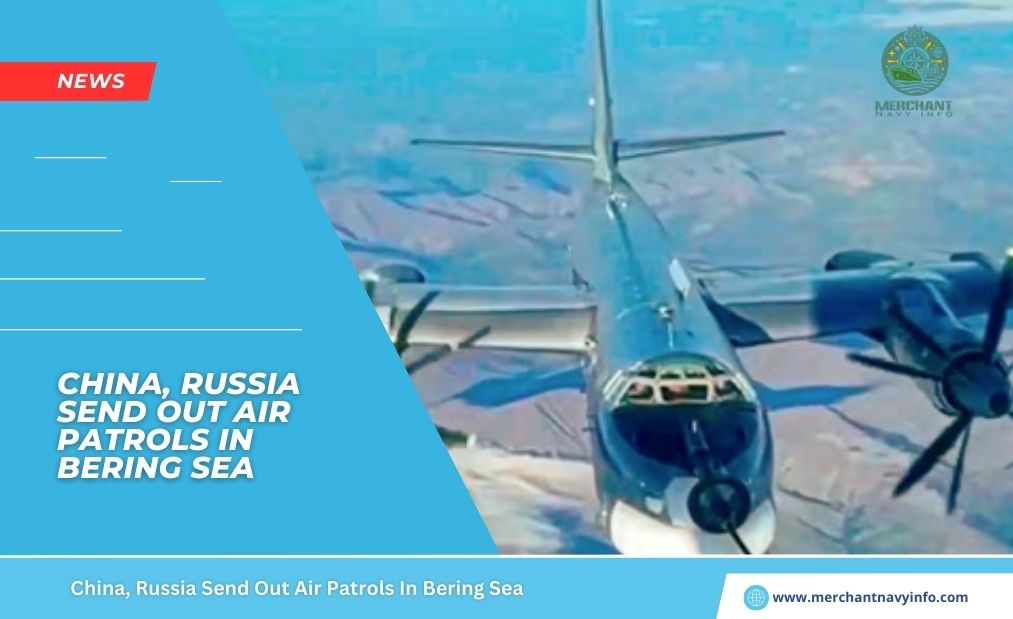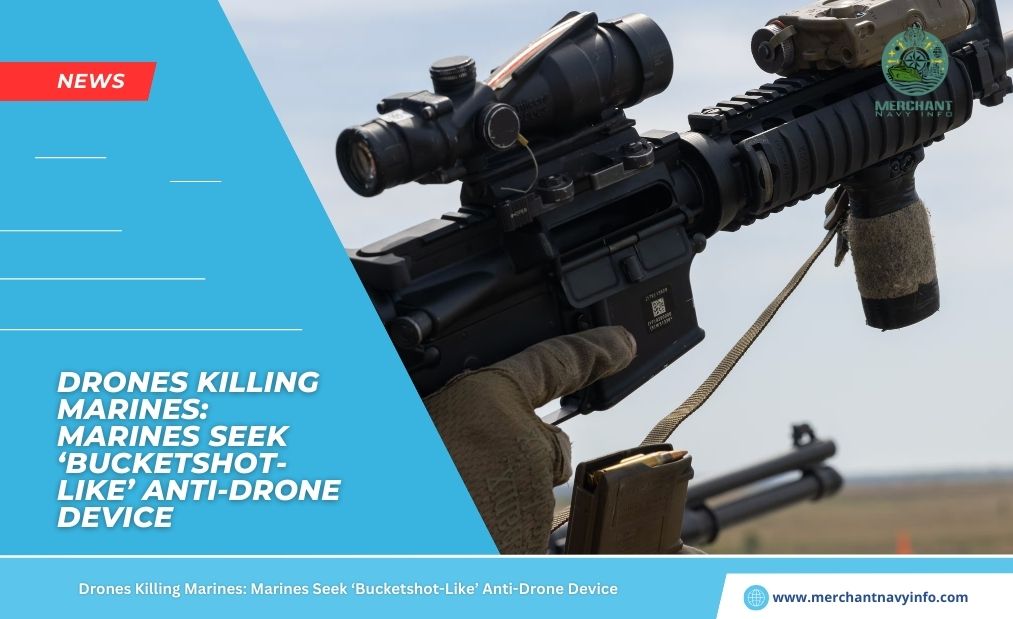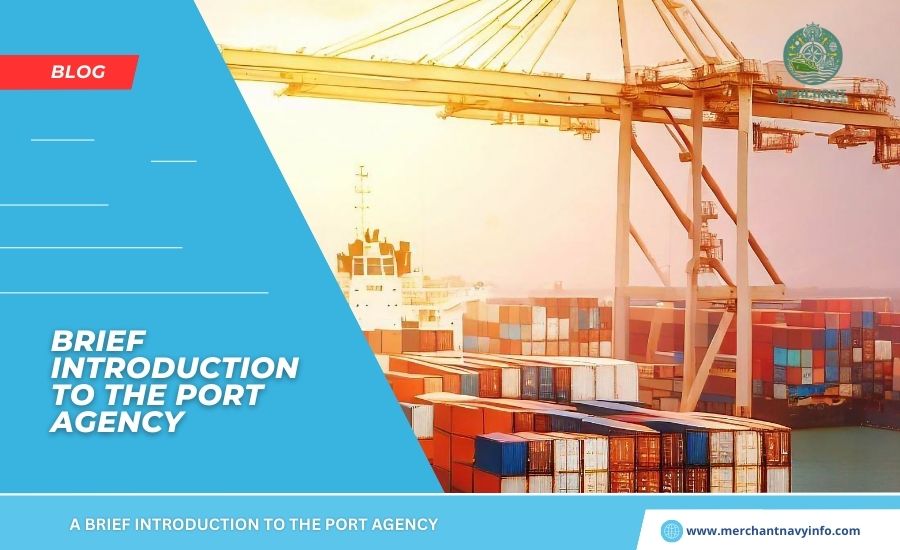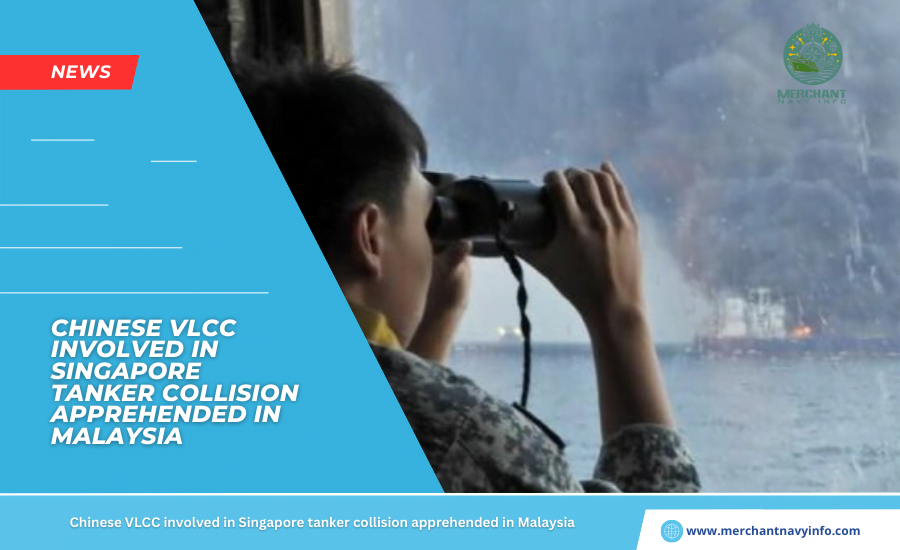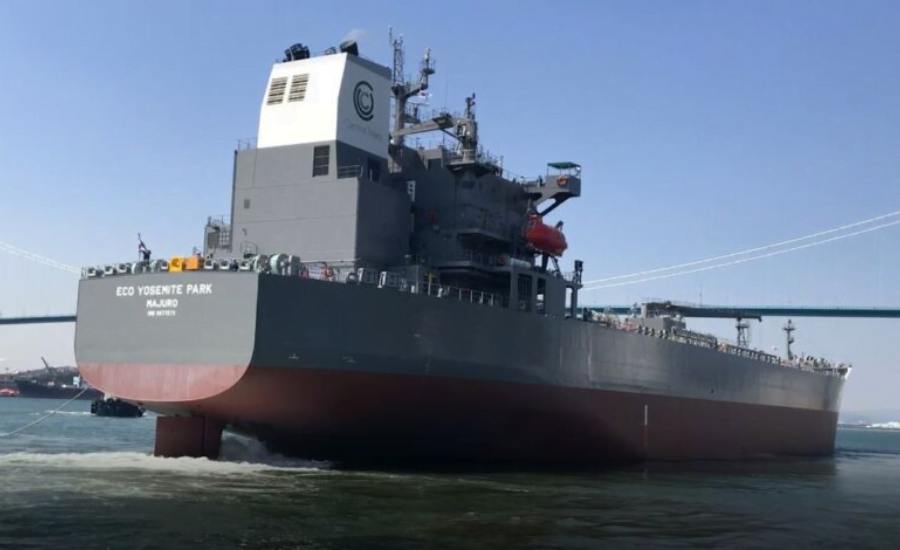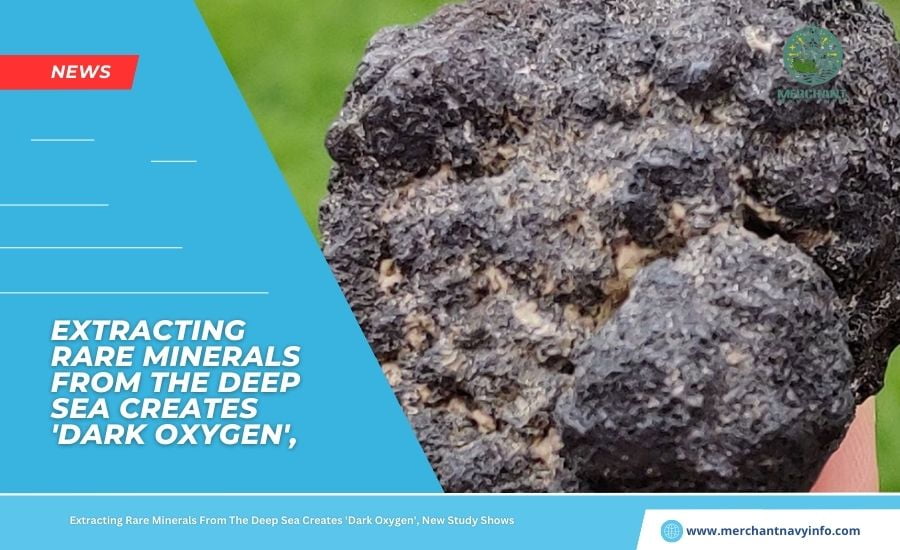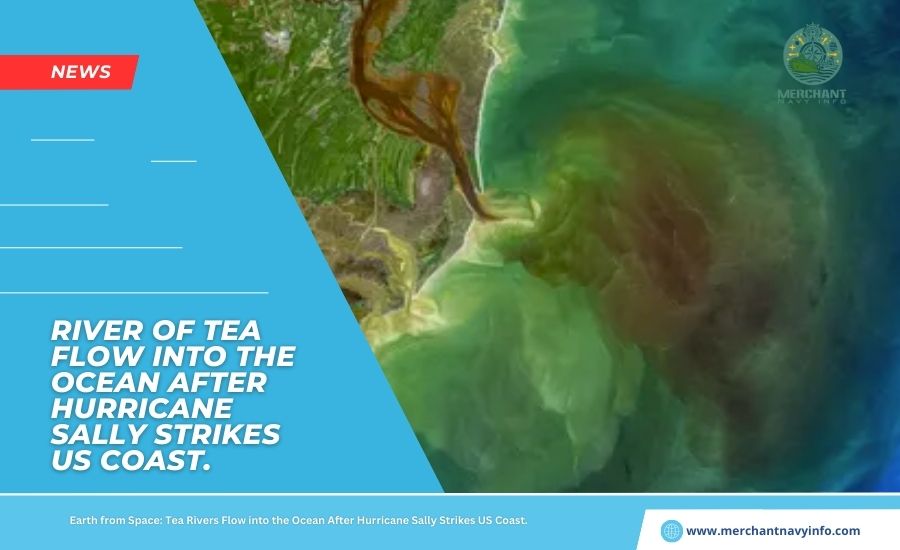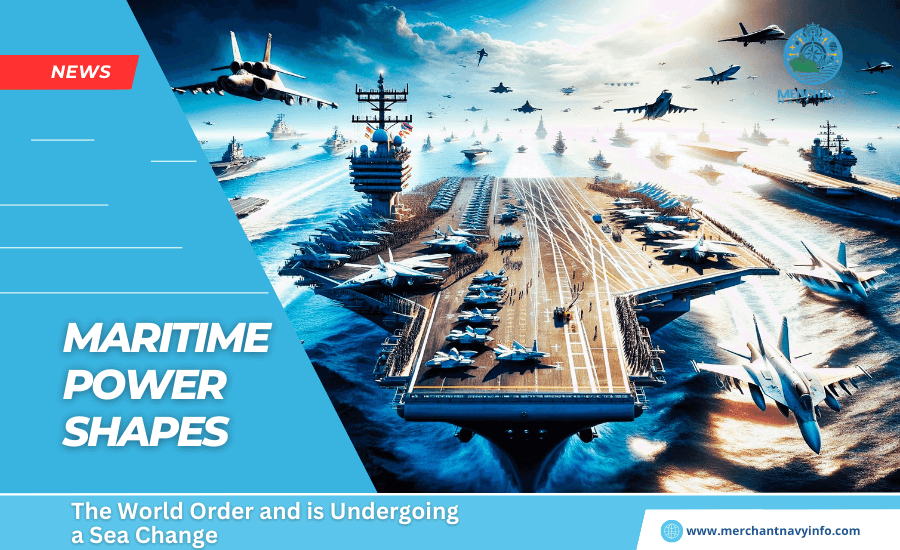
Yemen’s Houthi rebels have attacked commercial and military ships in the Red Sea, bringing ocean security to the forefront of international concern. Centuries of mastery of the sea allowed Western global leadership, which projected military power and enabled the free flow of goods. However, other rising powers and insurgent groups now challenge Western maritime superiority. The Houthi attacks on commercial shipping in the Red Sea have caused shipping delays and raised insurance premiums, incurring substantial costs for the global economy. The prosperity and security of trading nations depend on the stability of the global maritime supply chain and freedom of navigation..
The recent airstrikes carried out by the US and UK against Houthi positions demonstrate how seriously both countries take any threat to freedom of navigation in the volatile region. This move carries significant risks. The Houthi rebels and their Iranian supporters understand the leverage that comes with controlling such a strategic location. If similar tactics were employed in the Strait of Hormuz, which is the only route to and from the Gulf, unlike the Red Sea route, it could have catastrophic consequences for the global oil market.
Ukraine’s Maritime Trade
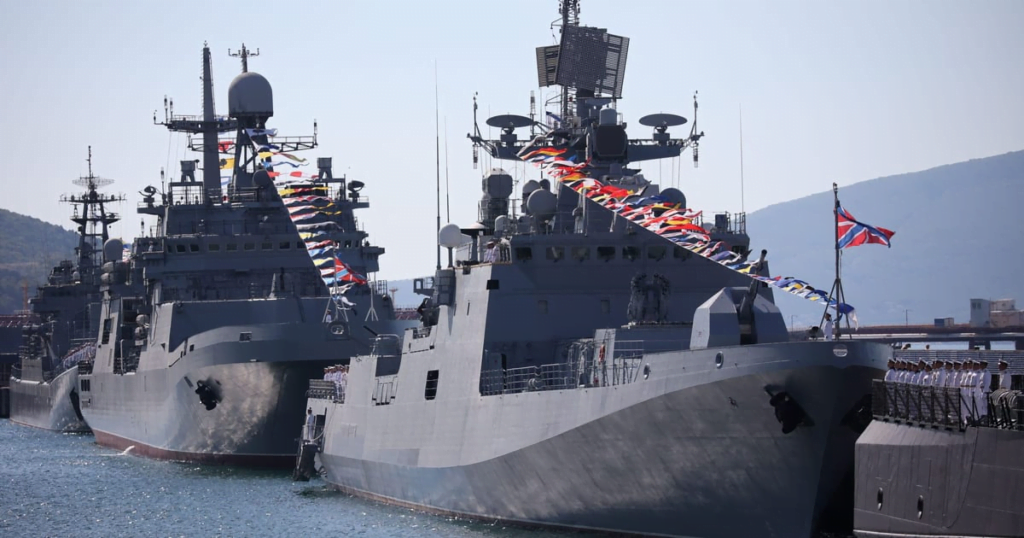
During the early days of its invasion of Ukraine, Russia tried to blockade the country by using its control of the northwestern Black Sea. This caused an initial rise in grain and wheat prices. However, Turkey quickly closed the Turkish straits to warships by invoking the Montreux Convention. This, along with Ukraine’s effective use of missiles and drones against Russia’s Black Sea Fleet, limited Russia’s ability to disrupt Ukraine’s maritime trade. As a result, Ukraine’s maritime trade has returned to pre-war levels, and Moscow’s blockade has failed.
When Russia began its attack on Ukraine, it tried to stop trade by controlling the northwestern Black Sea. This caused the cost of wheat and grain to go up. However, Turkey stopped them by using the Montreux Convention to close the Turkish straits to warships. Additionally, Kyiv used missiles and drones to stop the Russian Black Sea Fleet, which helped Ukraine to trade again. After this, Ukraine went back to the way things were before the war, and Russia’s attempt to stop them failed.
Power Projection
Surface warships are now more vulnerable to land-based missiles and drones, which raises concerns about the West’s ability to deploy forces into contested areas. Meanwhile, Russian submarines can still operate underwater and launch cruise missiles.
China has been working on ways to counter the military power projection of the US in the Indo-Pacific region. In the event of a potential attack of Taiwan by China, western warships may become vulnerable to China’s land-based missiles and drones. However, Chinese forces attempting to land on Taiwan could also face threats from Taiwan’s land-based asymmetric means of defense.
Civilian Seapower
China’s government is a trading nation and highly dependent on global supply chains. Therefore, it has no interest in contributing to an unstable maritime order. China is taking a balanced approach to the Red Sea crisis and has been pressuring Iran to control the Houthis. China wants to lead the global maritime order and is developing its naval power, including aircraft carriers. At the same time, it is using its commercial and financial resources to peacefully extend its maritime power.
China has invested in European ports and terminals through private ventures, which are closely linked with their state. This poses a potential risk of interference in European critical infrastructure, such as espionage, police obstruction, and political interference.
In the South China Sea, China employs “grey zone” tactics, which involve blurring the distinctions between civilian, military, and legal means and objectives. China uses commercial stakeholders, such as the Chinese fishing industry, to justify an assertive coastguard or naval presence in claimed maritime areas of economic and geopolitical importance.
How Maritime Might Shapes Our World
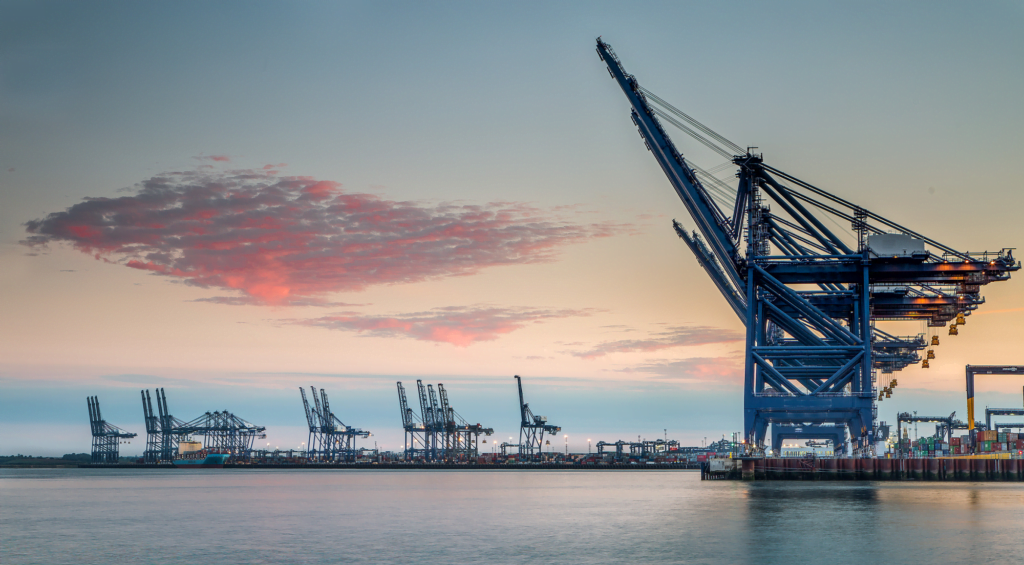
Seapower is a timeless and universal concept. It involves a combination of naval and commercial maritime assets and is not limited to the West. As per Sir Walter Raleigh’s dictum, controlling the sea means controlling the trade and subsequently, the world itself. China is one such country that is developing and exercising its seapower..
The future world order will be shaped by the sea and seapower. China may dominate it, but as a trading superpower, it relies on freedom of navigation.


